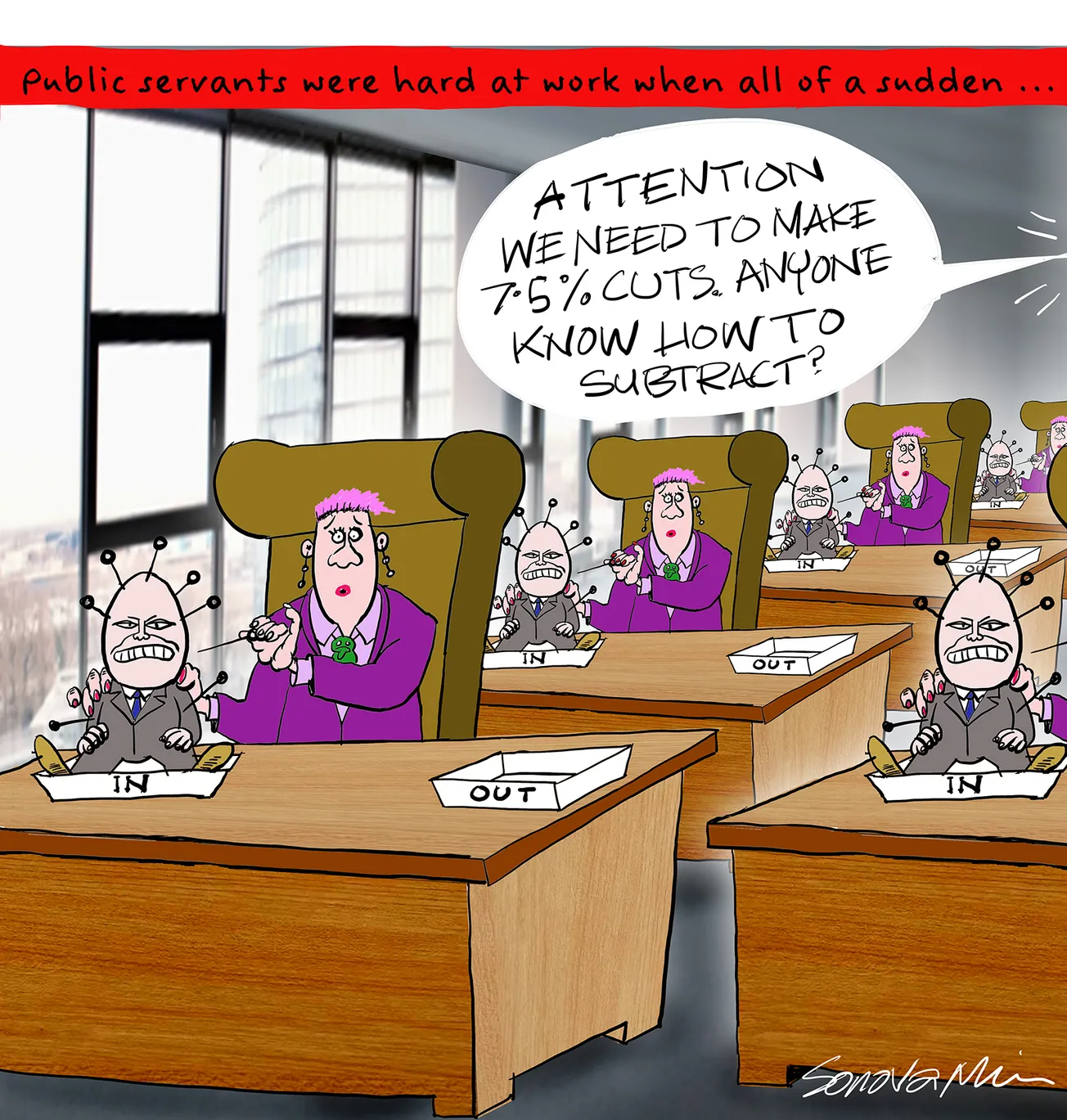Table of Contents
The Weekend Herald article entitled ‘Inside the ‘unsettling’ efforts to cut costs’ was a revealing read in terms of the various government departments, their headcount and consultancy spending. The information was gained under the Official Information Act and not all had responded by the time the paper went to print. However, sufficient had to paint a picture of little accountability or responsibility in prudent use of taxpayer’s dollars.
If the need for such a high consultancy spend is genuine, one could be excused for thinking that the calibre of those employed is not so high.
The combined spend on consultants of the eleven departments featured came to $463.7 million. One, Kainga Ora, was unable to provide a figure. No surprise there. The departments represented in the article make up about one-third of all core government institutions. One can safely assume that the total amount for all government agencies tops the billion mark.
The Ministry of Business, Innovation and Employment and the Ministry of Internal Affairs spent $104.4 million and $122.7 million respectively in the year to June 2023. These two departments spent nigh on half what the other eight did for consultants. Their combined spend was about $800 a day based on 260 annual working days. I would like to know what checks are in place before these consultants are engaged and the cheques have to be written. What type of procedures are followed?
All this is before we even get to the amounts spent for consultants on the likes of defunct bike bridges and light rail. The mind starts to boggle at the billions of dollars of our money involved in this public service largesse. One starts to realise that the 6.5% to 7.5% Nicola Willis is asking for is not unreasonable and should not be too difficult to find. When it comes to money, one of the easiest things to do is to spend what isn’t yours. This has been all too common under successive governments and it is hoped the current one will put a stop to it or at least cast a beady eye.
Looking at staff numbers, MBIE wins by a country mile at 6,396 followed by the Justice Department at 4,641 and Inland Revenue at 4,130. An obvious question is what do all these people do? It was pleasing to see the Ministry of Maori Development is a shining light with only 450 staff on its books. The Public Service has grown under Labour’s watch, as is always the case, by 14,000. The growth the country needs comes from increased productivity but they grow the number of government employees to introduce red tape to prevent that from happening.
The other observation to come from the article was the reaction from the CEOs to the cost savings demand. They at least appear to be ‘on board’ to the extent of communicating with staff what is coming and the likely effects. This is interesting on a number of fronts. First, it would appear that it takes a change of government, one that is fiscally responsible, before the Public Service behaves, by force, in a similar manner. To my mind, this reflects very badly on those in leadership positions in these organisations. Leadership surely encompasses fiscal responsibility.
Evidently, some departments were asked for minor savings by the previous government but no doubt that didn’t happen until shortly before the election. Had they been re-elected they would no doubt soon have been forgotten about. This slackness from the Labour Government and the departments themselves goes part way to explaining why there were six years of non-delivery. If government is to run efficiently it needs to be able to perform like a well-oiled machine and ensure the grease extends to those who are working on its behalf.
Unfortunately, for six years the oil wasn’t checked and there was precious little gas in the tank. The motor was idling most of the time and any traction made was backwards in its intent. Hence we are where we find ourselves now. The electorate was awake to it and so far this Government appears likewise. Never in the history of government and its bureaucracies has so little been given to so few by so many. Turning the Ship of State around is one step in the process of turning the country around. The people required on deck are those in the productive sector, not those ‘gliding on’ in offices.









